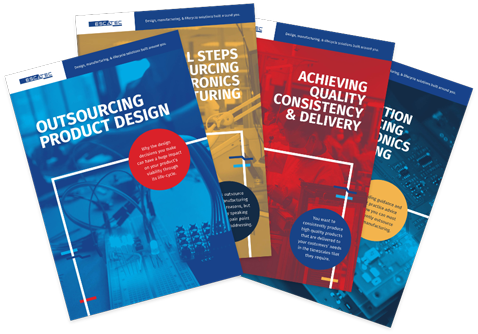OEM, EMS, CEM, ODM, CMO: What's the difference and why does it matter?
The terms “OEM” vs “EMS provider,” “CEM,” “ODM,” and “CMO” refer to the ...
RESOURCES
News, articles, industry insights and more straight to your inbox.

©2025 ESCATEC. All rights reserved.